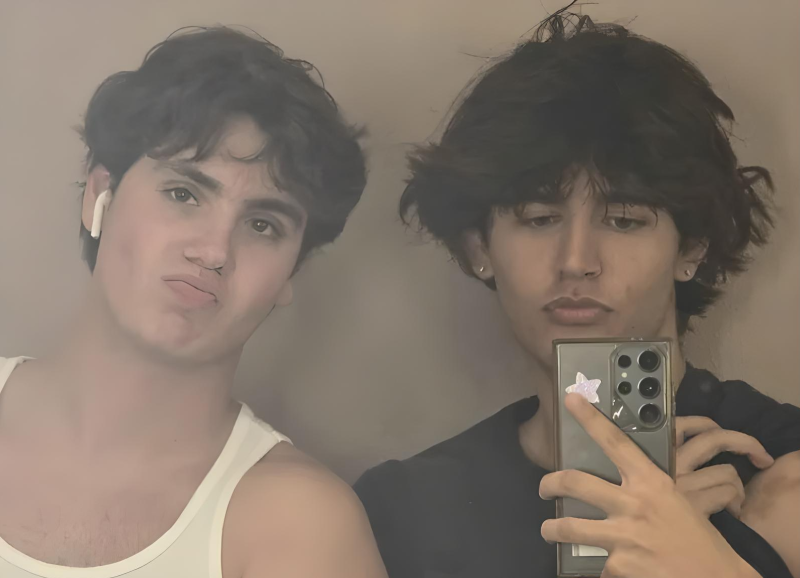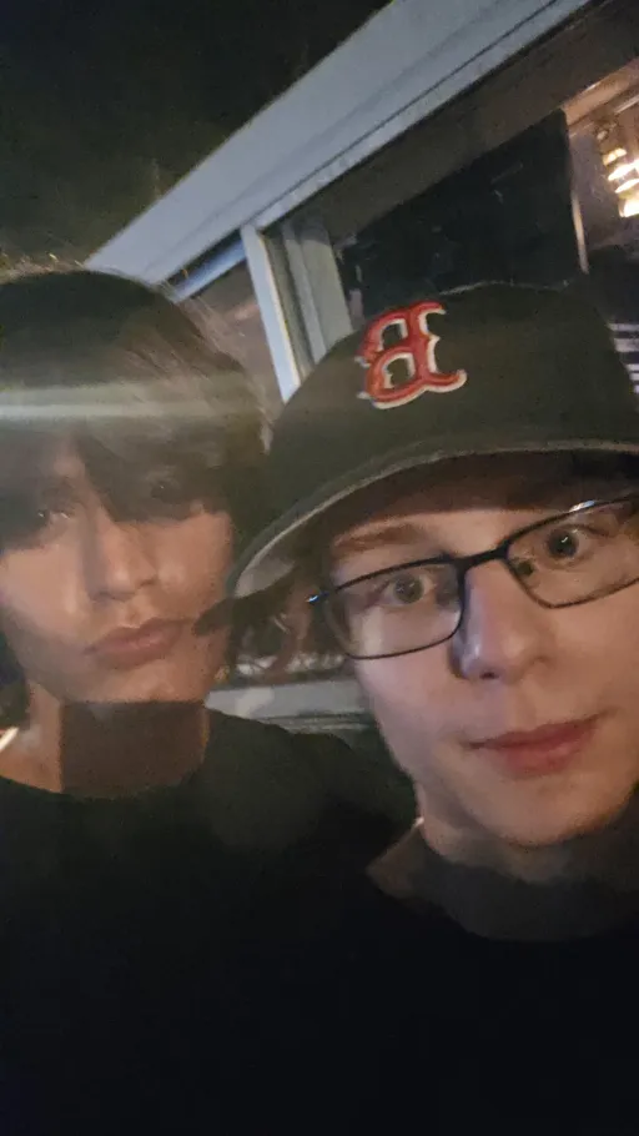
Picture this: hyperpop, shoegaze, hip-hop, and meme culture walk into a bar—and promptly set it on fire. That’s Humpy Wrld for you. This irreverent collective isn’t here to follow the rules. They’re here to torch them, remix the ashes, and drop it all on TikTok.
Music Meets Meme Mayhem
Humpy Wrld is what happens when boundary-pushing creatives decide the music industry is broken and build their own weird, wonderful world instead. Inspired by artists like Pink Guy, 100 gecs, and Tyler, The Creator, they blend irony and emotional depth into a sound that’s impossible to pin down. It’s hyperpop for the disillusioned, shoegaze for the memes, and hip-hop for the internet generation.
“We wanted to challenge the industry’s obsession with profit over art,” they explain. “Meme culture became the perfect tool to connect with fans on our own terms and roast the system while we’re at it.”

Viral Hits and DIY Ethos
Humpy Wrld has already proven that chaos works. Viral TikTok remixes have drawn millions of views, collaborations with underground influencers have cemented their rep, and music blogs are calling them “hyperpop’s anarchic pranksters.”

But it’s not all jokes and remixes. Tracks like I Will Protect You tackle real issues with humor and bite, turning the absurd into a call to action. “One of our friends was in a relationship with a neo-Nazi,” they share. “So we made an entire track clowning on the guy. He deserves it, and we weren’t about to hold back.”
A Movement in the Making
At its core, Humpy Wrld is about freedom—artistic, personal, and revolutionary. They’re here to show that music can thrive without corporate algorithms dictating the vibe. Their dream? To push hyperpop into even stranger, more experimental places while proving that rebellion can be hilarious and heartfelt all at once.

“Art isn’t supposed to fit in a box,” they say. “We’re here to remind people that creativity can be chaotic, messy, and 100% worth it.”
Follow the Madness: Instagram
Humpy Wrld is where humor meets heart and chaos meets critique. Join the revolution—no algorithms allowed.
